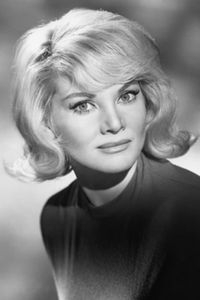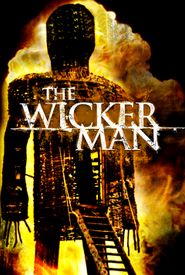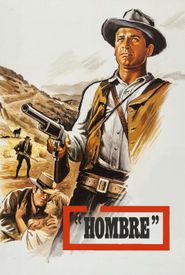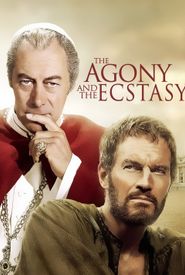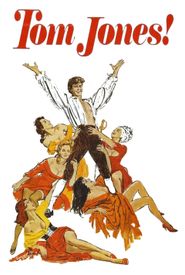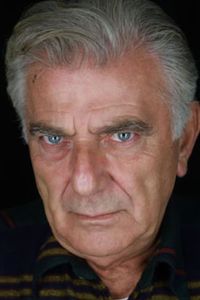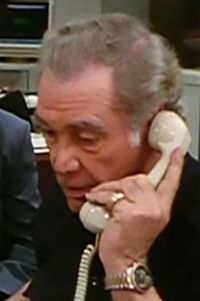Here is the biography of Diane Cilento:
Diane Cilento was an Australian actress born in 1932 in Brisbane, Queensland, to a relatively affluent family. Her maternal grandfather was Charles Thomas McGlew, a prominent merchant and founder of the Liberty Motor Oil Company. Her father, Raphael "Ray" Cilento, was a medical practitioner who became famous for his work combating malaria and other tropical diseases. Diane's mother, Phyllis Cilento, was a medical practitioner and medical journalist who advocated for family planning, contraception, and the legalization of abortion in Australia.
Diane was the fifth of six children born to her famous parents, and four of her siblings followed their parents' footsteps as medical practitioners. Her most famous sibling was the professional painter and print-maker Margaret Cilento.
Diane was expelled from school while living in Australia and later studied abroad, spending part of her school years in New York. She decided to follow an acting career and won a scholarship to the Royal Academy of Dramatic Art (RADA) in London. She settled in England during the early 1950s.
After graduating from RADA, Diane started a career as a theatrical actress and was eventually offered a five-year contract by British film producer Alexander Korda. She began her film career with small roles before landing her first leading role in the romantic drama "Passage Home" (1955).
Throughout her career, Diane appeared in numerous films, including "The Woman for Joe" (1955),"The Admirable Crichton" (1957),"The Truth About Women" (1957),"Jet Storm" (1959),"The Full Treatment" (1960),"The Naked Edge" (1961),"I Thank a Fool" (1962),"Tom Jones" (1963),"The Third Secret" (1964),"Rattle of a Simple Man" (1964),"The Agony and the Ecstasy" (1965),"Hombre" (1967),and "Negatives" (1968).
Diane also appeared in several television series, including "Rogues' Gallery" (1968-1969) and "Tycoon" (1978). She published her autobiography "My Nine Lives" in 2007.
In her later years, Diane returned to her native Queensland and built an outdoor theater in the rainforest, which she operated for the rest of her life. She was awarded the Australian Centenary Medal in 2001 for her services to theater.
Diane Cilento passed away in 2011 at the age of 79 due to cancer. She was survived by her daughter and son, and a collection of her personal items was donated to the Queensland University of Technology.
